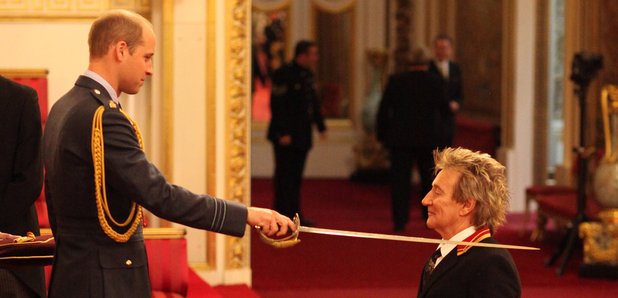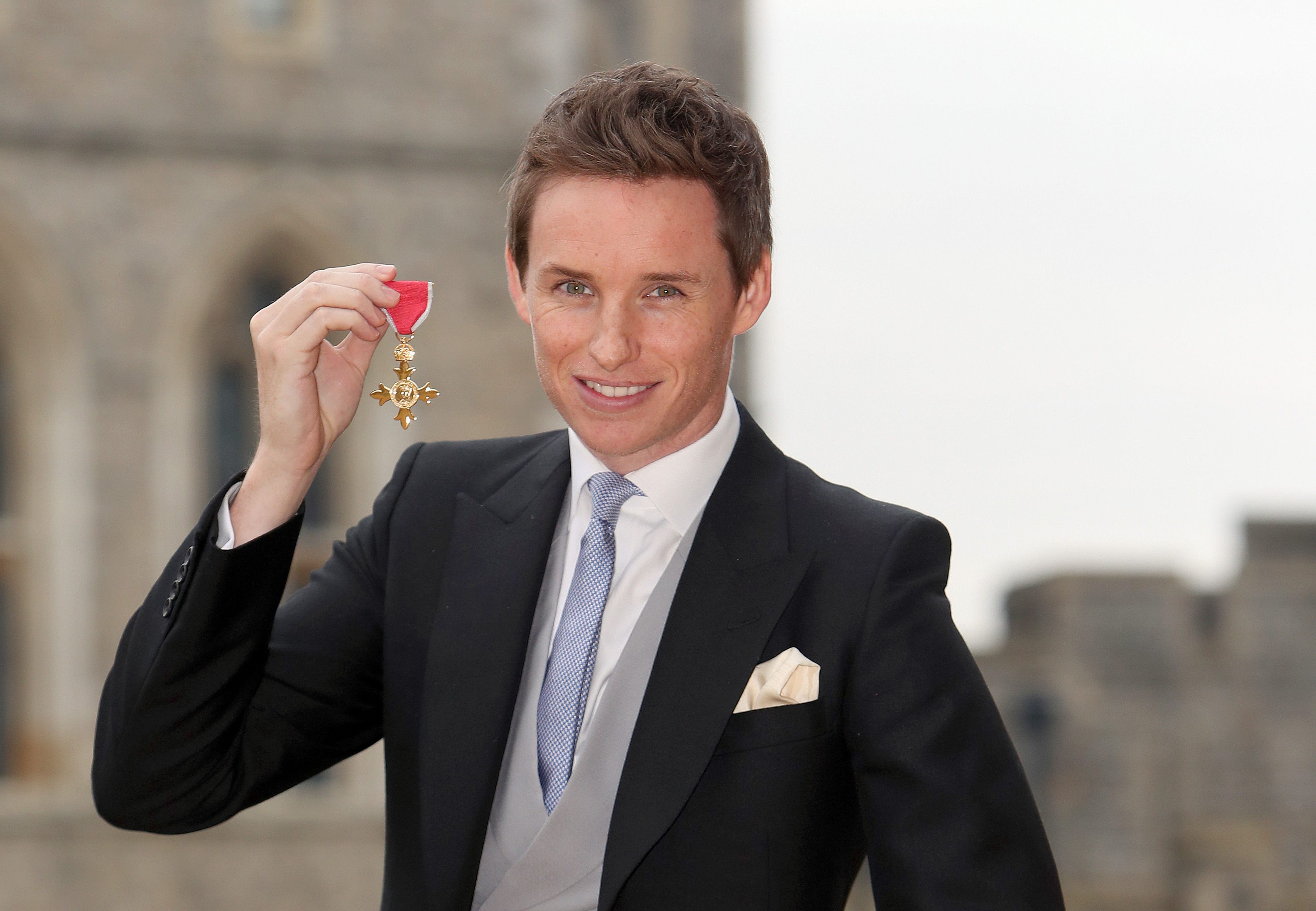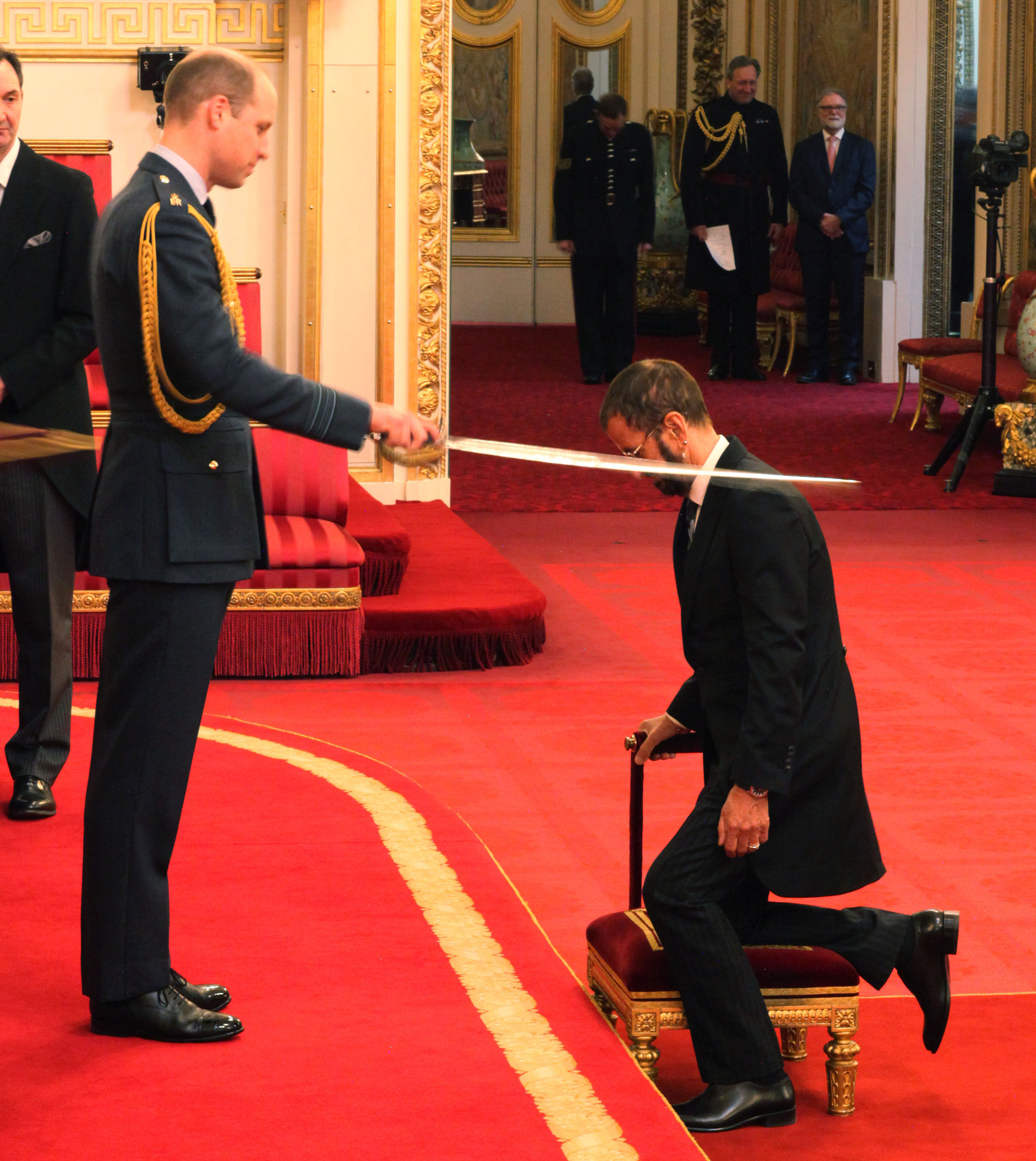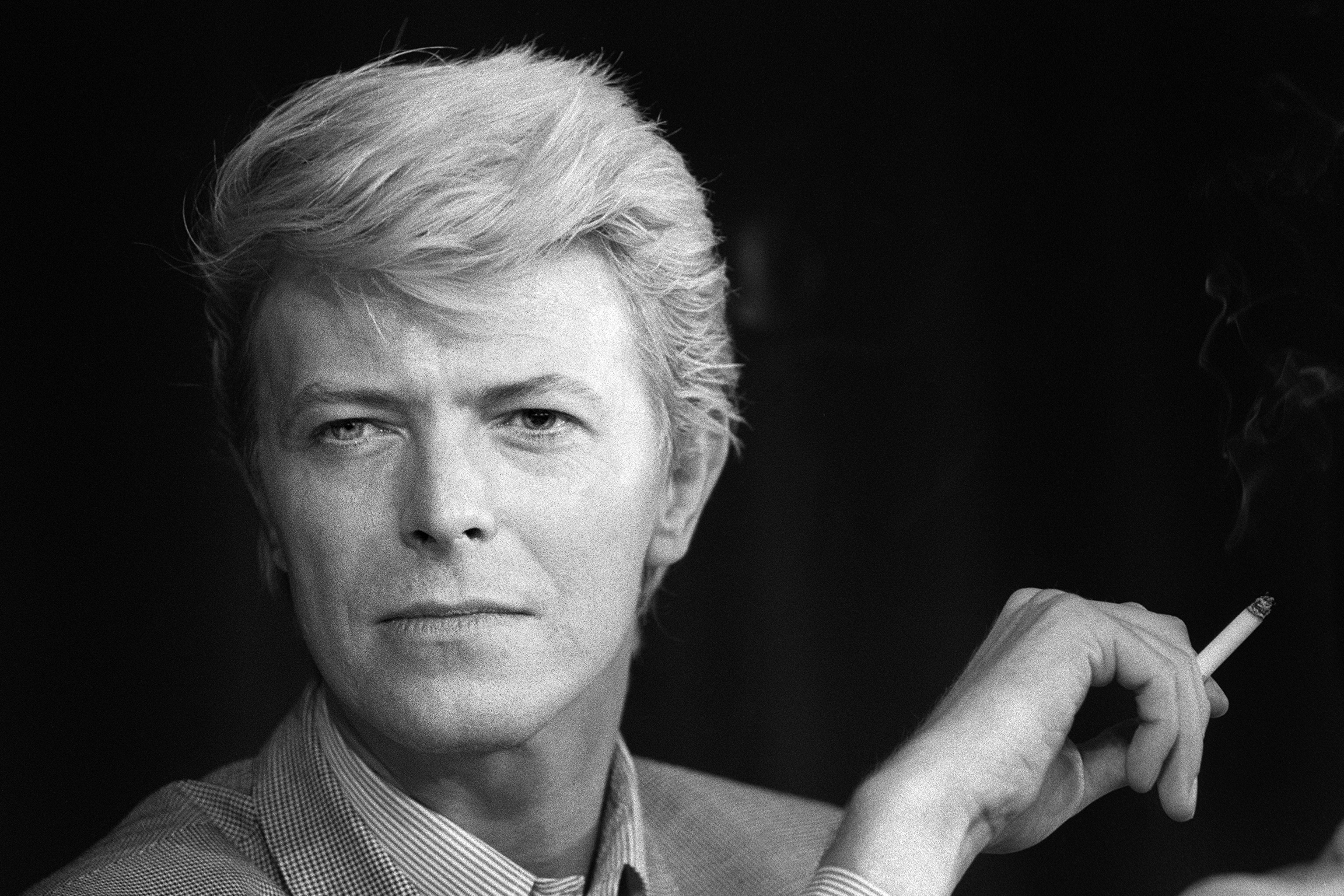On Air Now
Smooth's All Time Top 500 with Eamonn Kelly 8am - 10am
30 December 2022, 14:37

High profile and celebrated people are regularly honoured in the UK with various honours.
But what do the different honours mean and what is the ranking of them? Here's all the info:
The winners of MBE, OBE and CBE are announced a few days before the end of the year, and also around the Queen's state birthday.
They honour the contributions and achievements of people from all over the country, from popstars to charity volunteers.
The highest-ranking is a Commander of the Order of the British Empire (CBE), followed by OBE (Officer) and then the MBE (Member).
These honours were created back in 1917 by King George V, during World War I, in order to reward civilians and servicemen for their contribution to the war effort.
Nowadays, they recognise achievements or services to the community in any area. This can include the arts, charity or education.
An OBE is given for an "outstanding achievement or service to the community. This will have had a long-term, significant impact and stand out as an example to others".

An MBE is awarded for having a "major local role in any activity, including people whose work has made them known nationally in their chosen area".
Meanwhile, a CBE is handed out for having a "prominent but lesser role at national level, or a leading role at regional level. You can also get one for a distinguished, innovative contribution to any area".
The British honours system has various orders, usually relating to the monarchy, military and colonial officials.
King George V wanted to fill the gap by creating an order which would honour the public.
The Government has considered changing the name to the Order of British Excellence, but decided to wait until at least the order's centenary in 2017.

While the CBE is the third-highest of the order's five ranks, only the top two can use the title Sir (for a man) or Dame (for a woman).
The second-highest rank is a KBE or DBE - a Knight or Dame Commander of the Order of the British Empire.
The very top rank in the Order is a GBE - a Knight or Dame Grand Cross - but these are very rare! Since 2000, only 16 have been given out.
People can still become a Sir or a Dame without first receiving a KBE or a GBE. Sir Elton John has a CBE but has also been made a Knight Bachelor, for instance.
Only British people can be made a Knight Bachelor, but foreigners can be given an honorary KBE.

David Bowie is among a few celebrities to have rejected honours, having turned down an OBE in the Queen's birthday honours in 2000.
Others include celebrity cook Nigella Lawson, Dawn French, Jennifer Saunders and John Cleese.
John Lennon also famously returned his MBE in 1969 in protest against Britain's involvement in the Nigerian civil war.